-
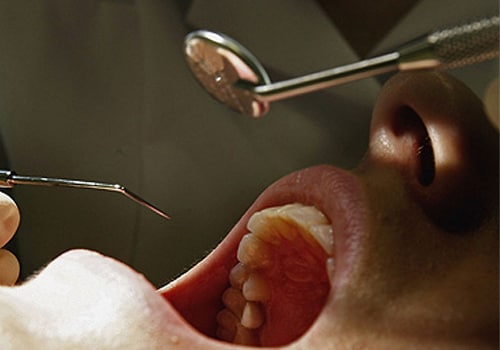
What is tooth extraction?
Tooth extraction is the removal of a tooth from its socket in the jaw bone.
-
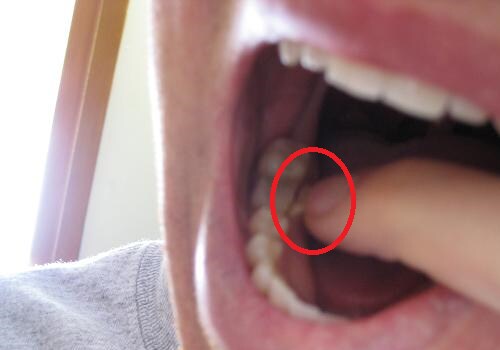
Why is tooth extraction done?
A tooth may be extracted for many reasons:
- It may be impacted (a tooth that is growing against another tooth, bone or soft tissue) and, is therefore, not growing in its normal position.
- It may be decayed or broken and cannot be restored.
- To make more room in the mouth before straightening or aligning the remaining teeth.
- It may be impacted (a tooth that is growing against another tooth, bone or soft tissue) and, is therefore, not growing in its normal position.
-
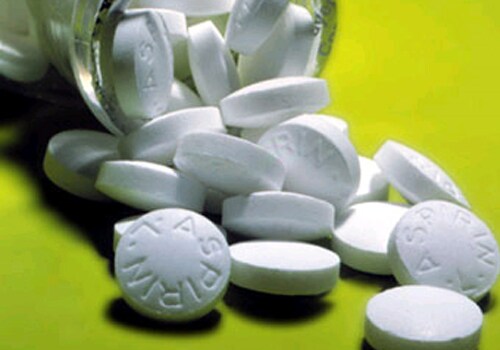
What are the precautions to be taken?
There can be some situations in which tooth extraction may have to be postponed:
- Infection that has spread from the tooth to the bone. In such conditions the infection has to be first treated with antibiotics before extraction.
- If the patient has been using drugs that thin the blood (anticoagulants) such as dicoumarol or aspirin, he should be asked to stop using such medications atleast three days before extraction.
- Patients who have had any of the following procedures in the previous six months: heart valve replacement, open heart surgery, or prosthetic joint replacement need to be given antibiotics to reduce the risk of bacterial infection.
- Infection that has spread from the tooth to the bone. In such conditions the infection has to be first treated with antibiotics before extraction.
-
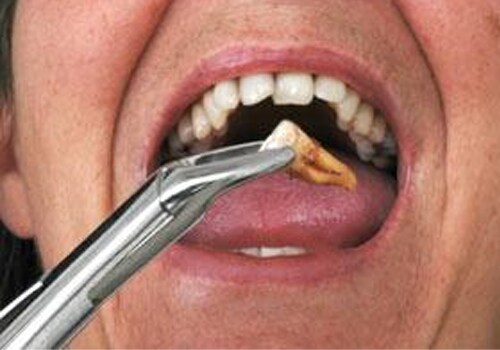
How is it done?
Tooth extraction can be under local anaesthesia in most cases. An instrument called an elevator is used to loosen (luxate) the tooth from the alveolar or jaw bone by breaking the ligaments that hold the tooth in place.
If the tooth is not fully erupted, it may be necessary to first remove the overlying gum and bone tissue in order to access the tooth. After the extraction, healing takes from one to two weeks and some swelling or bleeding is considered normal in the first 24 hours.
It is important not to dislodge the blood clot that forms in the wound. If this happens a condition called dry socket develops (a painful condition in which a blood clot does not properly fill the empty socket). Dry socket leaves the underlying bone exposed to air and food. -

What is the aftercare involved?
An important aspect is to encourage the formation of the clot at the extraction site. The patient should restrict smoking and have only soft semisolid foods. He should not rinse or chew hard and sticky foods and do gentle cleaning at the extraction area. Wrapped ice packs can be used to minimize swelling and medication can be taken to relieve postoperative pain.
-
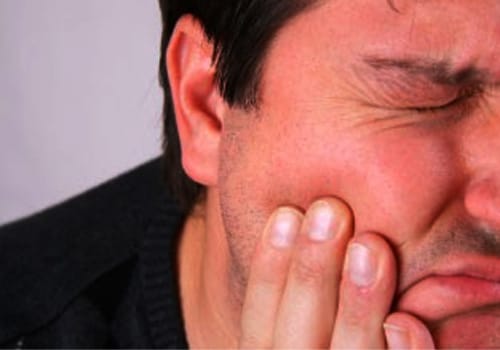
What are the complications involved?
Potential complications of tooth extraction include postoperative infection, temporary numbness, jaw fracture and jaw joint pain. Another complication called dry socket (explained earlier) may also develop resulting in delayed healing.


















